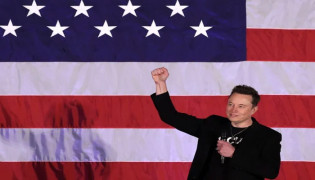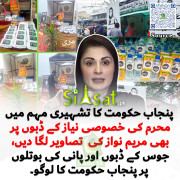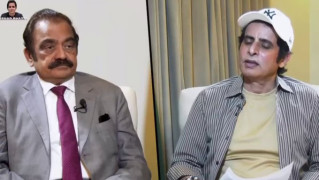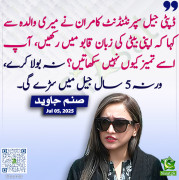Hunain Khalid
Chief Minister (5k+ posts)

غلط فہمی دور کیجیے...
شریعت کے اعتبار سے جو مال خرچ کیا جاتا ہے وہ دو قسم کا ہے
صدقات
زکوٰۃ و عشر
1.
صدقات غریبوں کو بھی دے سکتے ہیں اور مسجد میں بھی لگا سکتے ہیں... دوسری بات یہ کہ صدقات میں مرضی ہے، دے دیا تو ثواب کما لیا اور اگر پوری زندگی میں ایک بار بھی نہ دیا تو گناہ نہیں...
2.
دوسری طرف زکوٰۃ و عشر مسجد کو نہیں دے سکتے کیونکہ یہ غریبوں کا حق ہے... مزید یہ کہ غریبوں کا یہ حق ہر سال ادا کرنا پڑتا ہے...
اب مجھے بتائیے کہ شریعت میں کس کا خیال زیادہ رکھا گیا ہے؟
اس قسم کے پوسٹ شیئر کرنے والے عموماً اس کے پیچھے کارفرما مذموم مقاصد سے ناواقف ہوتے ہیں...!!
(yapping)






































